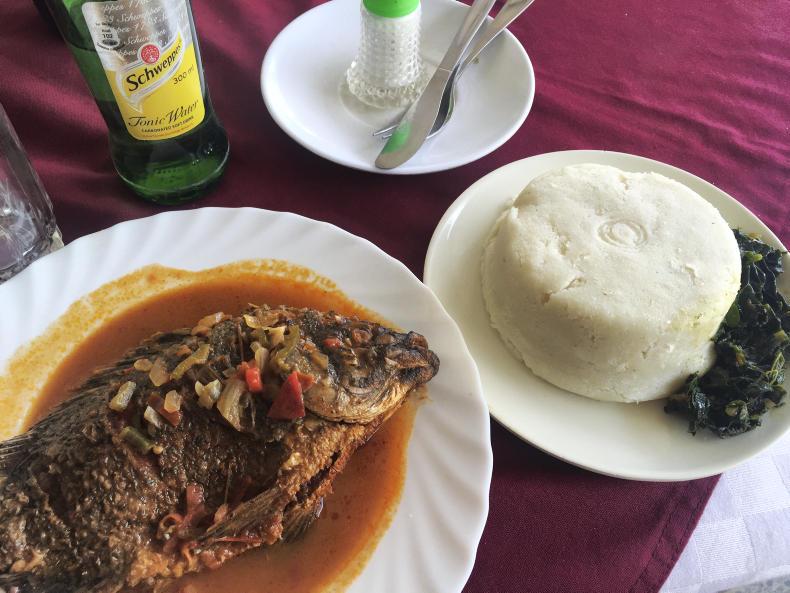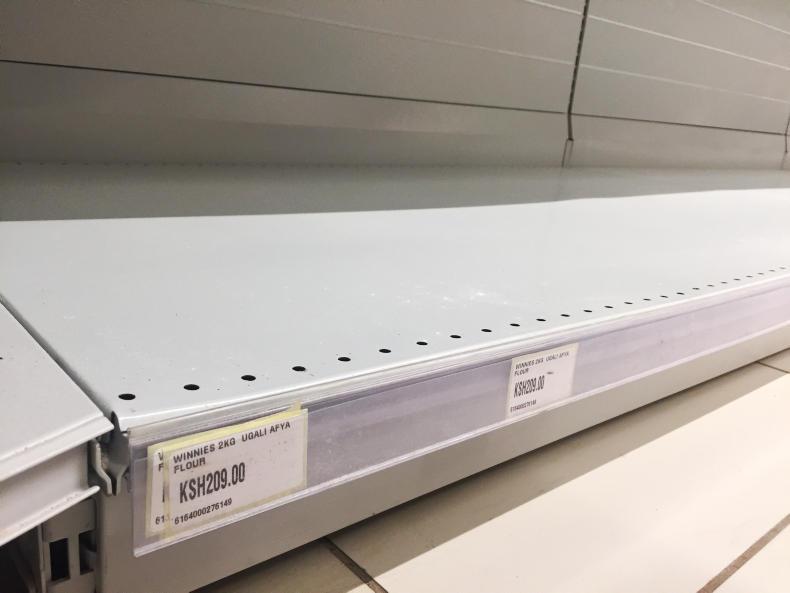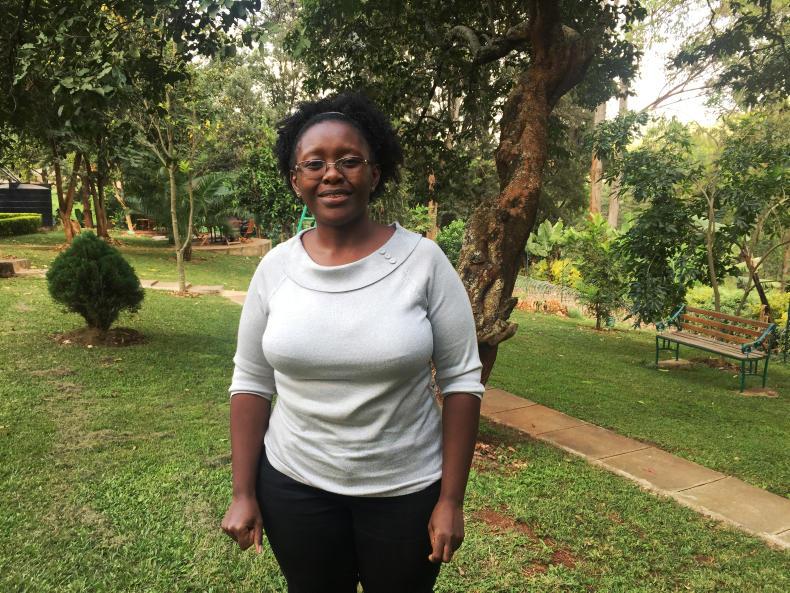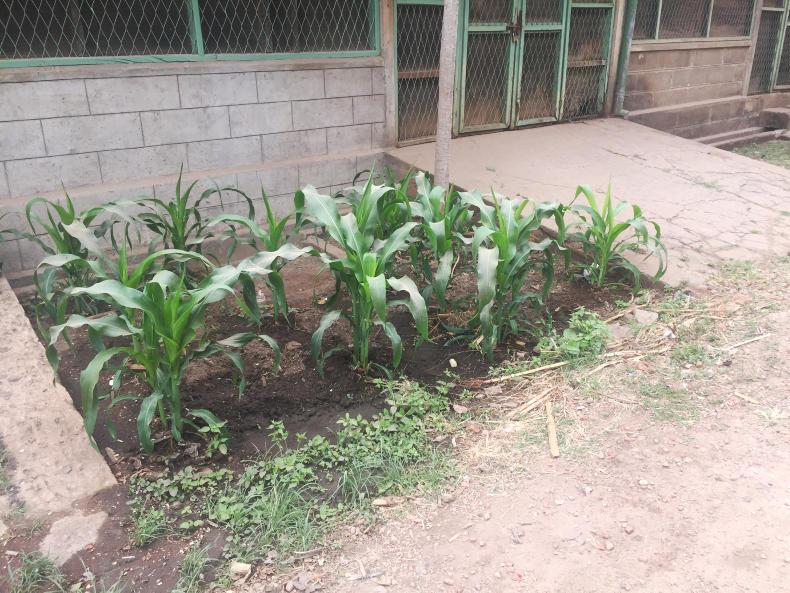 Kenya is gripped by election fever, and this campaign is not for the faint-hearted. Less than two months before polls distribute power at all levels of government, leading opposition presidential candidate Raila Odinga accused the military on Tuesday (20 June) of training for election rigging.
Kenya is gripped by election fever, and this campaign is not for the faint-hearted. Less than two months before polls distribute power at all levels of government, leading opposition presidential candidate Raila Odinga accused the military on Tuesday (20 June) of training for election rigging.
Last week, key supporters of incumbent president Uhuru Kenyatta called for Odinga’s arrest after he allegedly incited tribal hatred during a speech on land-grabbing.
Odinga was quoted as telling the Maasai people of western Kenya to “keep your land with you so that you don’t cry foul later” and oppose attempts by other Kenyans to buy agricultural land in their area.
Odinga has since then clarified his remarks, saying he was merely calling for the implementation of legislation protecting community land from grabbing by investors.
Post-election violence
Disputes over farmland were one of the factors in political and ethnic violence that killed hundreds of Kenyan people following the 2007 election.
A new Constitution adopted in 2010, legislation and a report by the Truth, Justice and Reconciliation Commission on past violence have tried to address land-grabbing in an effort to avoid a repeat of the deadly clashes that occurred 10 years ago.
 Meanwhile, popular discontent is growing against a shortage of maize flour. While alternatives are available, ungali – a stiff porridge of maize flour – is the traditional staple here. Think of Irish voters deprived of potatoes weeks before an election.
Meanwhile, popular discontent is growing against a shortage of maize flour. While alternatives are available, ungali – a stiff porridge of maize flour – is the traditional staple here. Think of Irish voters deprived of potatoes weeks before an election.
Supermarkets will limit you to two packets, and it’s not even there
On the campaign trail, Odinga had his photo taken in front of the desperately empty flour shelves facing Kenyan shoppers. “Supermarkets will limit you to two packets, and it’s not even there,” Wangu Mutua told the Irish Farmers Journal. She works for VI Agrofestry, an organisation supporting agricultural development in East Africa.

The drought that triggered the current famine in neighbouring South Sudan is also felt here, and agricultural production is down across east Africa. Despite the high demand and prices, local farmers are not benefiting.  “It should be the time for farmers to reap a maximum, but there is also an outbreak of armyworm,” said Mutua (pictured). This mammoth caterpillar bores into maize cobs and could cause a lasting decrease in production.
“It should be the time for farmers to reap a maximum, but there is also an outbreak of armyworm,” said Mutua (pictured). This mammoth caterpillar bores into maize cobs and could cause a lasting decrease in production.
The government has pledged to import maize to make up for the shortfall. “They say it’s coming, it’s coming,” said Mutua. In the meantime, the people of Nairobi are growing maize everywhere they can: in their gardens, on the roadside and between sections of footpath.

 Reporting supported by the Simon Cumbers Media Fund.
Reporting supported by the Simon Cumbers Media Fund.









SHARING OPTIONS